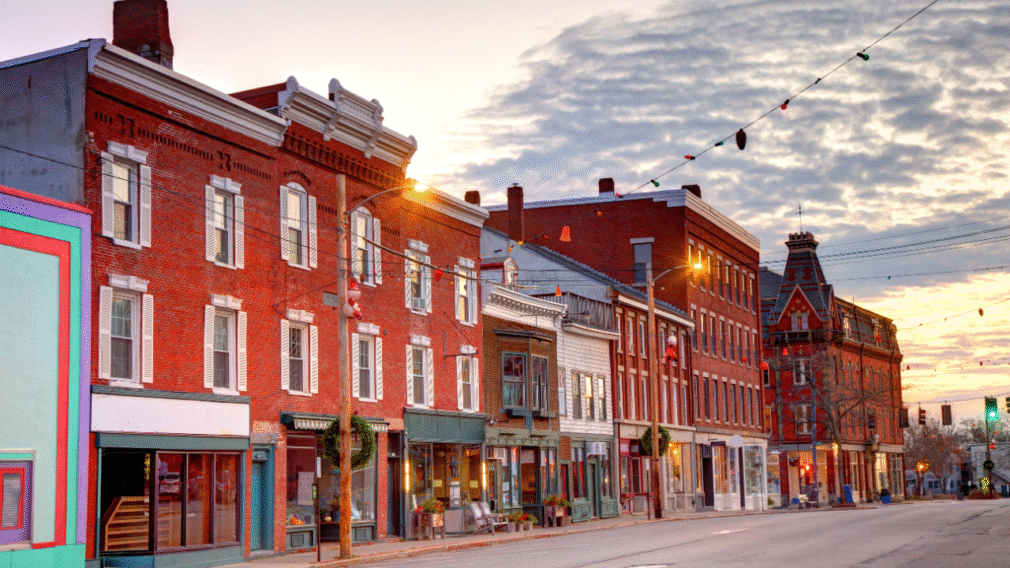Maine House Passes iGaming Bill, Awaits Governor’s Signature
Maine’s House approved LD 1164, an iGaming bill granting Wabanaki Nations exclusive online casino rights, now pending Governor Janet Mills’ signature amid veto concerns.

A Tribal iGaming Victory
Maine’s House of Representatives, following the Senate’s 18-17 vote, passed Legislative Document 1164 (LD 1164) on June 17, paving the way for online casinos run solely by the Wabanaki Nations.
The bill, backed by the Veterans and Legal Affairs Committee, aims to boost tribal economies. It now awaits review at the Appropriations Table for budget impacts before reaching Governor Janet Mills, who may veto it due to her cautious stance on gambling expansion. “This is about self-reliance,” said Houlton Band of Maliseet’s Brian Reynolds.
LD 1164 grants exclusive iGaming rights to the Penobscot Nation, Passamaquoddy Tribe, Aroostook Band of Micmacs, and Houlton Band of Maliseet Indians.
Each tribe can partner with one licensed operator, like DraftKings or Caesars, for online slots, poker, and table games, with annual licenses costing $50,000.
The Senate raised the tax rate to 18% from 16%, projecting $3.6 million in state revenue by 2026-27. Funds will support addiction prevention, veteran housing, school loans, and emergency housing aid.
Supporters Tout Economic Gains
Wabanaki leaders and allies see LD 1164 as a game-changer. Reynolds argued it offers tribes “modern tools” for economic independence, while Passamaquoddy’s Aaron Dana said it aids rural counties like Washington and Aroostook.
Representative Anne Graham called regulation smarter than ignoring illegal offshore betting, noting, “The horse is out of the barn.” Representative Amy Roeder added that brick-and-mortar casinos won’t suffer, as they offer a social experience iGaming can’t match.
PENN Entertainment and Churchill Downs, owners of Maine’s land-based casinos, fiercely oppose LD 1164, claiming a tribal monopoly will gut their revenue and cut nearly 1,000 jobs. Oxford Casino’s GM Matt Gallagher said the bill “undermines” their success.
Maine Gambling Control Board Chair Steve Silver criticized the bill’s regulatory shift to the Gambling Control Unit director, bypassing the board’s oversight, calling it a transparency breach. “Why different rules for phone games?” he asked, predicting casino losses and higher local taxes.
Public Health and Addiction Worries
Puthiery Va of the Maine CDC warned iGaming could spike addiction rates, straining public health resources. Representative Nathan Carlow called online betting “way more addictive” than casino gambling, risking young men’s finances.
Silver noted the irony of funding addiction treatment with a potentially addictive product, urging a higher tax rate and inclusion of casinos to protect state education funds. FanDuel also opposed the bill, citing a limited market with only two operators.
Governor Mills, known for resisting gambling expansion, is likely to veto LD 1164, per Steve Silver, who called it “the most probable outcome.” Her administration is “monitoring” the bill, but Wabanaki leaders sense her reluctance.
A veto requires a two-thirds vote in both chambers to override, unlikely given the Senate’s slim 18-17 approval. The bill must clear the Appropriations Table, where political gridlock has killed even popular measures. If Mills doesn’t act within 10 days and the session ends, a pocket veto could doom it.
Recommended
